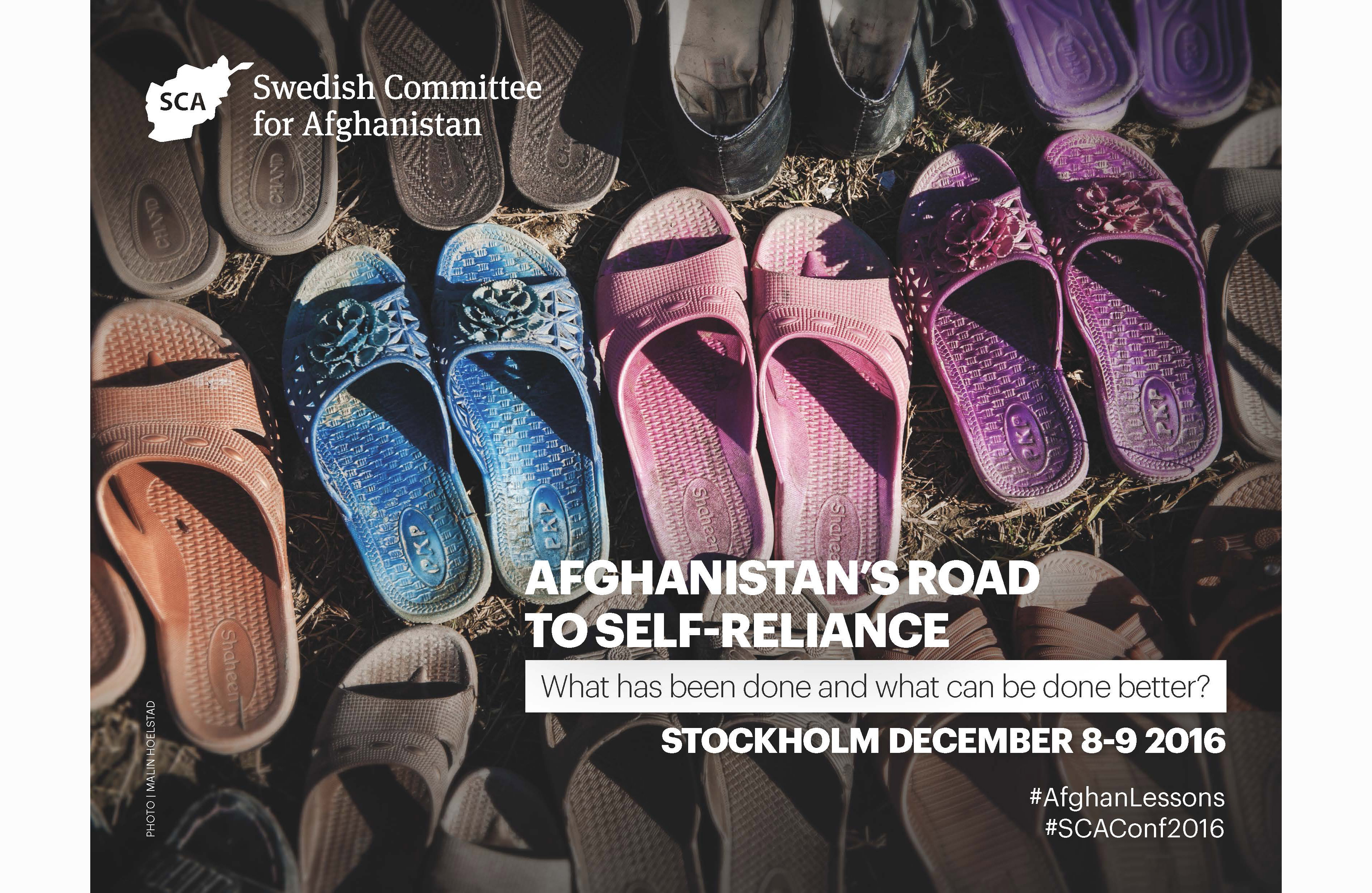What we have learned from 15 years of foreign intervention in Afghanistan
What lessons can be learned from 15 years of foreign intervention in Afghanistan? This was the theme discussed at the conference “Afghanistan’s Road to Self-Reliance – what has been done and what can be done better?”, held in Stockholm, Sweden 8th – 9th of December. Foreign intervention, both military as well as development aid and diplomacy were analyzed.

As many others of the key note speaker Fahim Hakim, former vice chairperson of the Afghanistan Independent Human Rights Commission, noted that coordination between different actors has been poor, and it is questionable if the lessons learned actually have been learned, shared and used.
“If you don’t know where you are going, any road will take you there”, said Fahim Hakim.
Prominent speakers such as the Vice Chair of the High Peace Council Dr. Habiba Sarabi and Kai Eide, former Head of the United Nations Assistance Mission in Afghanistan (UNAMA), reflected on the international interventions. Entrepreneur Manizha Wafeq strongly advised the international community to work together with the afghans. Many times the case have been that afghans are left outside decision making where they should have been included for a sustainable result.
Women’s participation was identified as a keys to sustainable development in fragile states.
“Afghanistan’s development agenda can’t be fully realized if a path to a sustainable and just peace is not created. Women’s active and meaningful participation in the political and social peace making will ensure success of this journey, commented Habiba Sarabi.
In Sweden’s neighboring countries Denmark and Norway government appointed commissions have investigated their countries’ interventions in Afghanistan. In Sweden a similar commission is working and will present its conclusion in the end of February 2017. SCA will of course express an opinion on the document that the commission will present.
The main objective of the conference was to draw conclusion from the past 15 years, and present concrete ideas for the strengthening of conflict prevention efforts in Afghanistan. Another aim was to increase knowledge and understanding among the participants on the options for the international community to effectively promote development in fragile states, such as Afghanistan. If these objectives where achieved will be reflected in the documentation of the conference that will be published in mid-February.
The plenary sessions of the conference are available on SCA’s channel Youtube on https://www.youtube.com/user/sveafg
Jane Karlsson,Communications officer, Stockholm
Bjorn Lindh, Communications Manager, Kabul